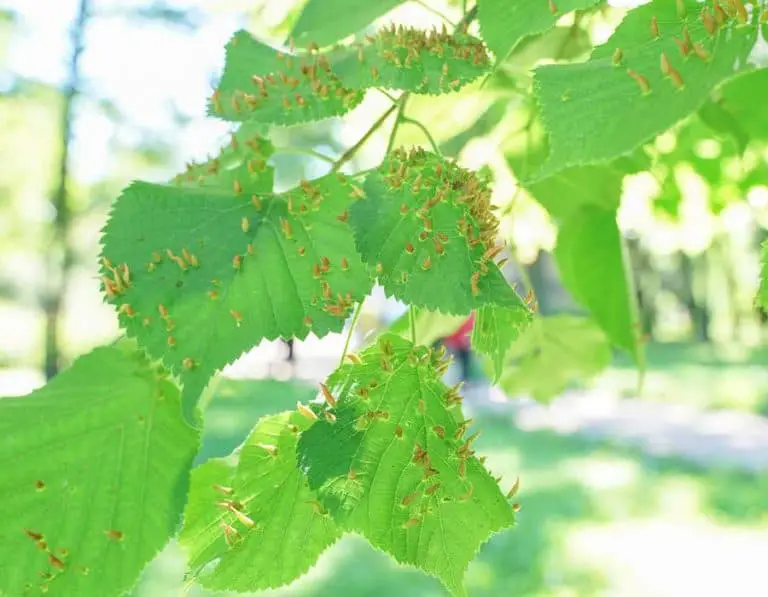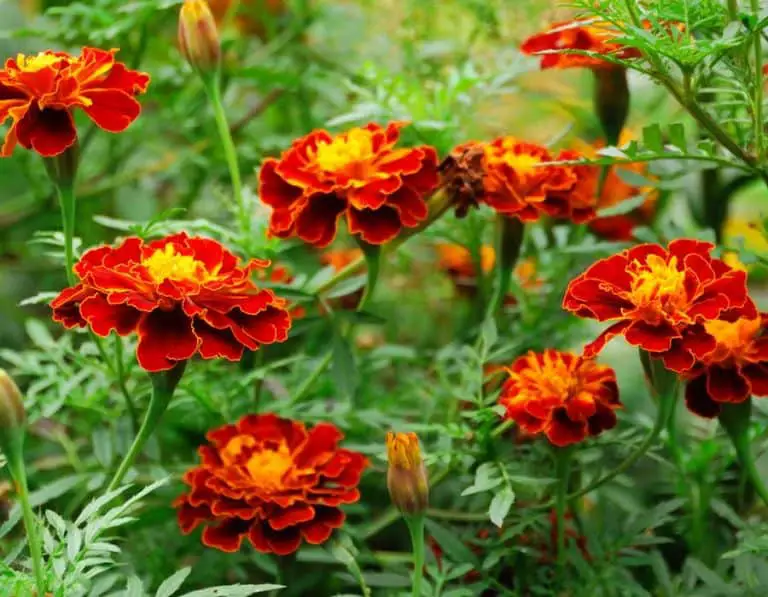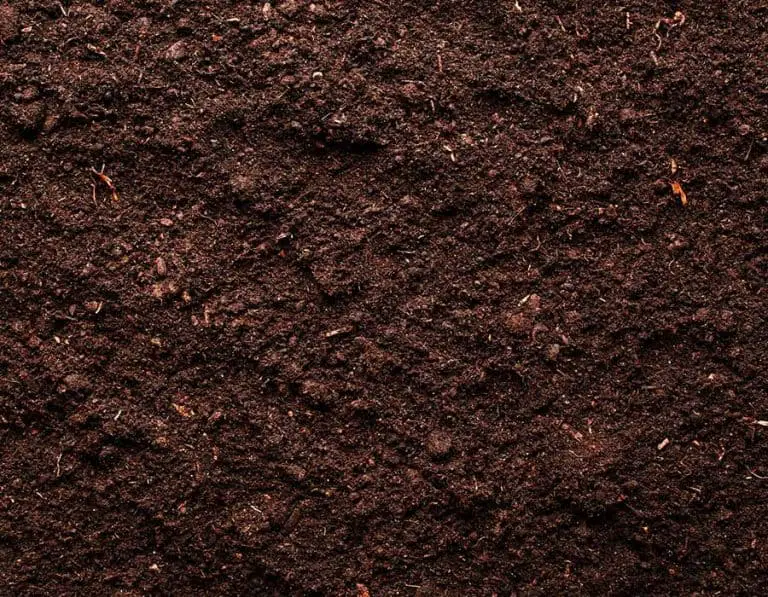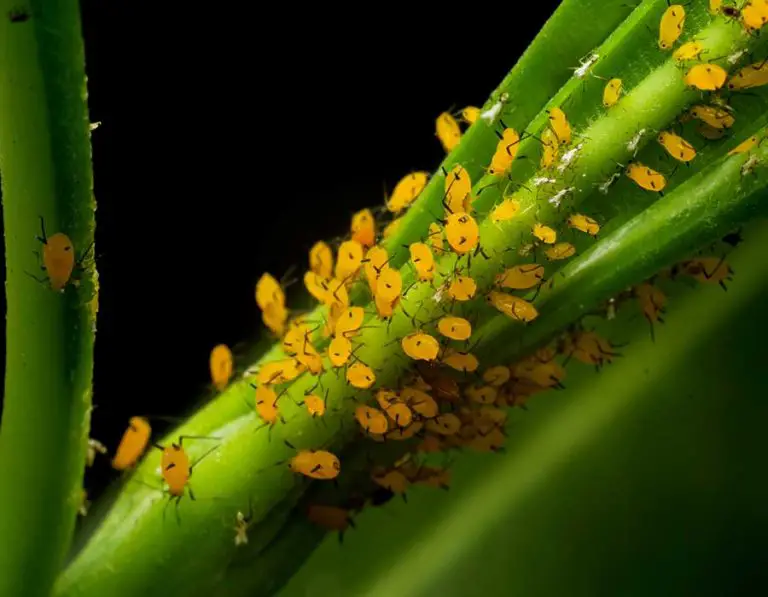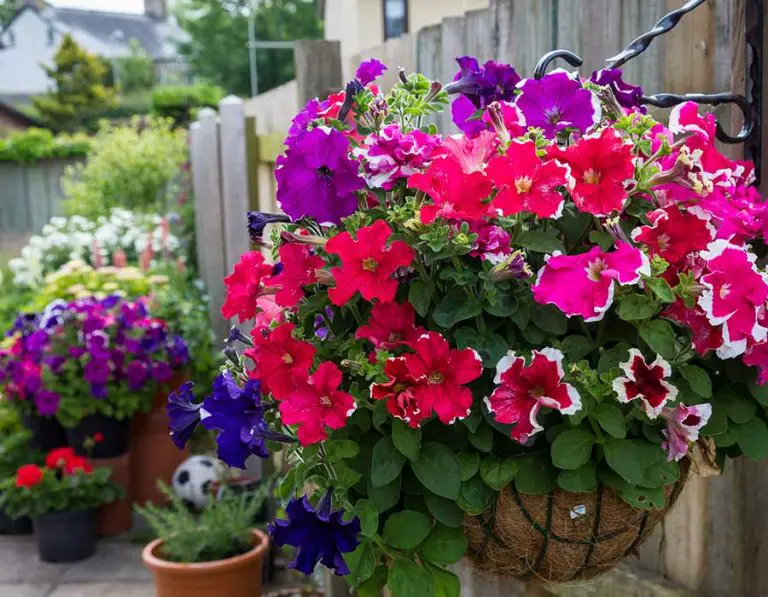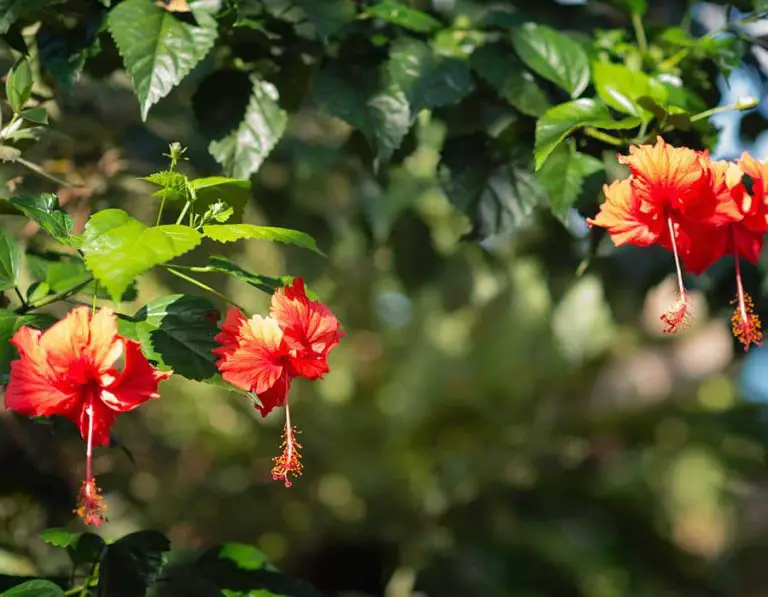What Bugs Eat Aphids?
Aphids are small insects that feed on your plants, resulting in their death sooner than later. What’s more, these creatures make holes in the leaves of plants, hindering photosynthesis and snatching the rights of your plants to survive.
If you are a plant parent, you would understand how these insects can make your life hell. They multiply quickly, making it hard for you to manage their infestation.
However, while aphids are dangerous insects, they also have many predators. This means that in the presence of specific bugs, aphids may find it hard to survive.
What are these bugs, and can they help you get rid of the army of aphids invading your plants? This article helps you find the answers, so dig in and explore.
Do Bugs Eat Aphids?
Aphids are one of the biggest enemies of your plants, but that doesn’t mean that nature allows them to do whatever they feel like. Fortunately, aphids have a large number of predators, and some of them are even used to control their birth.
From ladybugs to wasps and a few flies, these creatures love eating aphids and are often ideal for eliminating the plant-eating pest. The organisms that attack aphids can be divided into predators and parasitoids.
Predators attack aphids immediately and kill them on the spot.
On the other hand, parasitoids work slowly. First, they lay their eggs inside an aphid’s body, ensuring that the egg hatches and absorbs all the nutrients from the insect. As a result, the attacked aphid dies of lack of nutrients.
Parasitoids and predators can be further divided into two categories, generalists and specialists. Generalists are those that attack a wide species of aphids like most predators. On the contrary, specialists attack certain species of aphids only.
Now that the basic information is out of the way let’s find some specific bugs that scare the hell out of aphids.
Bugs that Eat Aphis
Here is the list.
Ladybugs
Ladybugs or Ladybird beetles are the first insects that come to mind when it comes to listing the most common predators of aphids. This is because these bugs can eat many aphids in just one go.
Ladybugs are often in red, orange, or yellow color and have black spots that make them pretty easy to spot. When released in your aphid-infested garden, these insects can help you sort out the infestation within days.
However, since these bugs prefer to fly in the morning, make sure to release them during the night when they can eat aphids in peace. You can buy ladybugs from any commercial store and let them eat your troubles away.
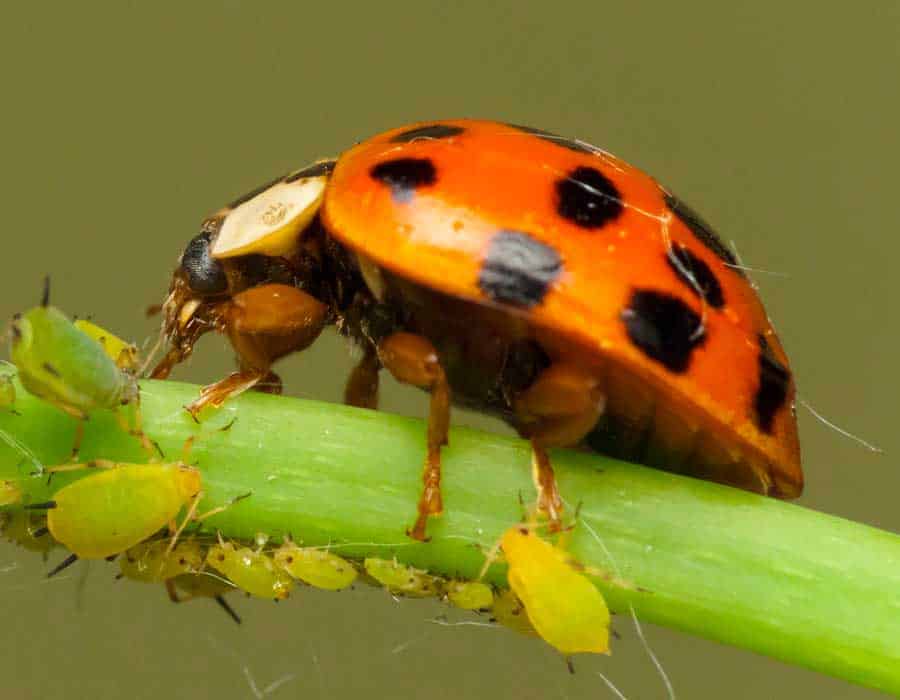
Brown or Green Lacewings
Many greenhouses and farms have brown or green lacewings to control the infestation of aphids. Often the larvae of these bugs help with quick control and survive in even the harshest conditions.
Most adult lacewings feed on the honeydew excreted by aphids, but the larvae eat the entire aphid. Interestingly, most pest management services use this bug to overcome aphid problems in various gardens.
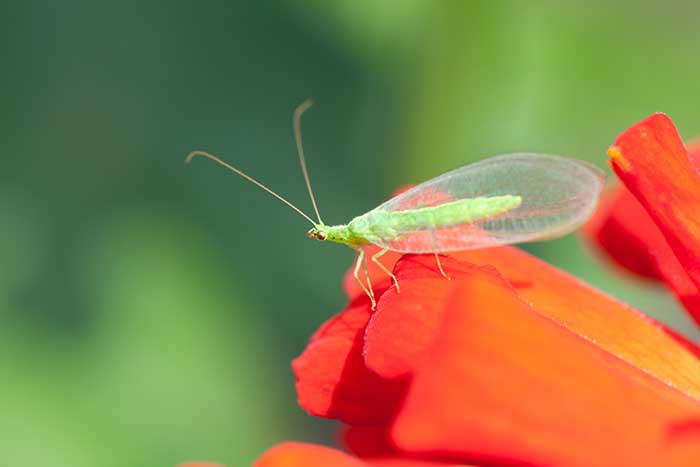
Praying Mantis
The praying mantis is capable of consuming almost all plant insects, including aphids. Aphids are a favorite prey of young praying mantis because of their soft structures, sweet taste, and small bodies. Interestingly, most people also keep these bugs as pets and feed them aphids to keep their gardens free from these deadly and tiny insects.
Soldier Beetles
Soldier beetles are generalist predators that help keep aphids at bay. With orange bodies covered with black patches, these bugs are easily recognizable by the different prey they feed on.
However, it is essential to mention that only adult soldier beetles feed on aphids. Moreover, they aren’t the most common bugs used to control a pest infestation as they aren’t readily available for commercial use.
Flies
Some categories of flies also like aphids as their lunch and breakfast. For example, hoverflies can’t resist aphids, and their larvae trap the insect through their curved mouth.
But that’s it. You won’t find any common house fly feeding on aphids. Instead, they appreciate the presence of these insects because of the delicious honeydew they produce.
Damsel Bugs
These bugs are naturally present in green spaces, including orchards and gardens. Damsel bugs have soft and slim profiles with long antennae and are the most common predators of aphids. They use their sharp mouths to pierce inside the bodies of aphids and gulp them.
However, since these bugs are not readily available, many pest control strategies do not use them for killing aphids.
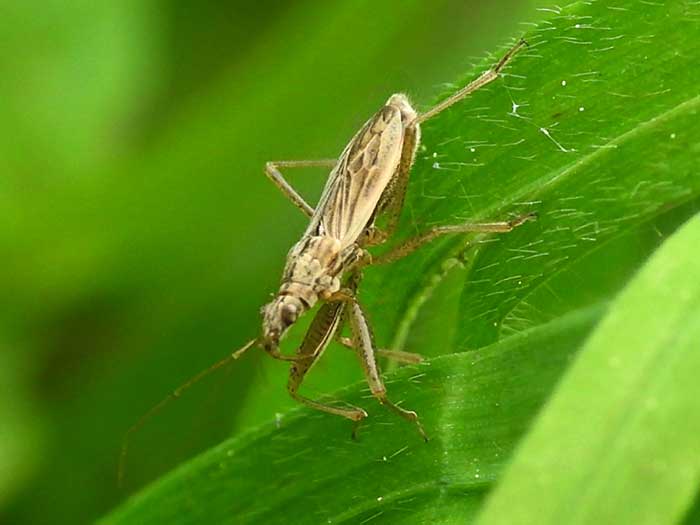
Parasitic Wasps
These wasps can eat a large number of aphids. However, they do it slowly instead of quickly like most predators.
They let their larvae grow inside the bodies of aphids, and as it develops with time, the tiny insect goes through specific drastic changes. As a result, aphids start experiencing swollen bodies and discoloration.
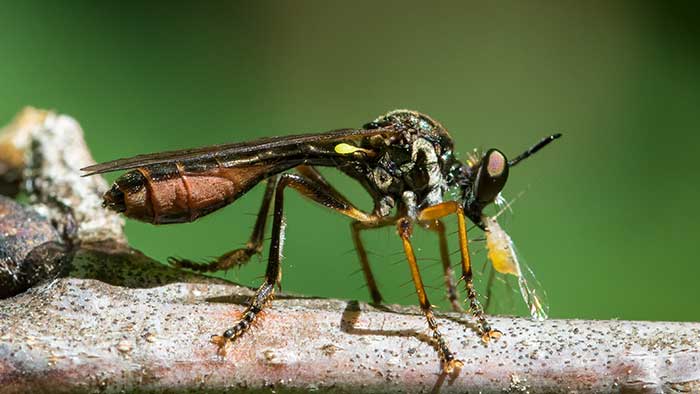
Aphids eventually die when the adult wasps emerge from their bodies and take over their existence. One of the most amazing things about aphids is their protein-rich bodies. Since wasps love proteins, they find aphids quite appealing.
Minute Pirate Bugs
Minute pirate bugs are also known as flower bugs and can be bought commercially from garden stores to control aphid infestations.
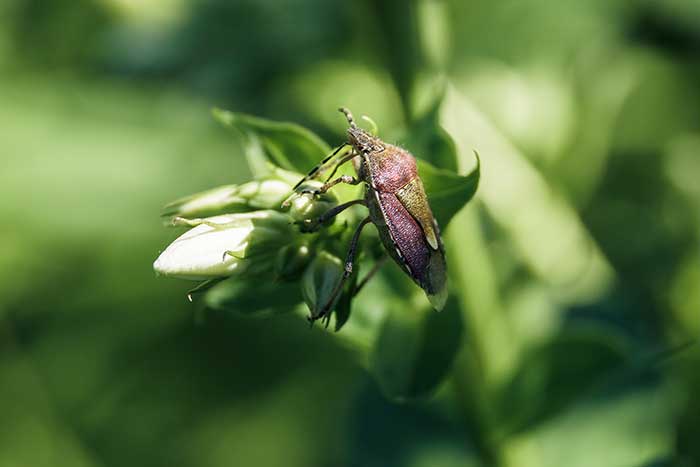
Minute pirate bugs are tiny and can be challenging to see without a magnifying lens. Adult minute pirate bugs are black and white and have an X pattern on their back. However, their nymphs are tiny and are red or orange. These bugs reproduce quickly and have a life cycle of just 3-4 weeks. The adults lay their eggs in plant tissue.
They are incredibly effective at handling severe aphid infestations quickly due to their reproductive cycle. They move efficiently through infested plants, killing aphids whether they need to feed or not. Attract them by providing nectar-rich plants, including marigold, caraway, spearmint, and fennel. They will establish well once settled but be careful not to deter them by using insecticides.
Do Ants Also Eat Aphids?
It is a common misconception that ants also love to feed on aphids; however, it isn’t true. Ants are not predators. Instead, they look after aphids and keep them safe from their enemies.
Do you wonder why? Ants love the solution that aphids produce, and it is called honeydew. This sweet and sticky solution attracts ants, and to ensure its supply, ants make sure that aphids stay safe.
Since ants protect aphids, aphids let them milk the honeydew. And that’s an exchange the ants can’t resist.
Similarly, many people believe that aphids eat other aphids as well, as there are a few bugs that eat their fellows. However, that’s not true. Aphids are entirely herbivores, and they don’t eat other aphids.
Instead, these insects only consume plants, and that too, the sap present in the stem, roots, and leaves. Moreover, they also don’t kill one another; however, if an area becomes too polluted, they leave it to find a less crowded plant to start a new colony.
Other Ways to Get Rid of Aphids
While most bugs can help control an aphid infestation, their unavailability and management may be challenging and time-consuming. So, if you can’t afford to handle more bugs in your garden, other effective methods are used to control aphids in your green space.
Hose These Insects Down
If you want to act wisely, make sure to control the growth of aphids when they are few in number. Managing minor infestations is far easier than controlling a major one. So, even if you spot a few aphids, use your hose as a weapon to banish them successfully.
Run a strong stream of water on all your plants. While doing so, make sure the water reaches the underside of the leaves. Repeat this process every day for at least two weeks and see the aphids vanish from your garden.
Use Homemade Aphid Spray
Can you spot more aphids in your garden than expected? If yes, water may not do much, and you might need an aphid spray. You can prepare an insecticidal soap in your home and use the solution to kill the insects in no time.
Mix a few drops of liquid soap with water and shake. Once done, spray the prepared solution on leaves, stems, and roots. Finally, repeat this process every two days for the next few weeks consistently until you don’t spot an aphid in your garden.
One of the best qualities of this homemade spray is that it isn’t toxic to you and your pets. However, wear goggles and gloves when using them to avoid any irritation.
Pesticide
A substantial aphid infestation is every gardener’s worst nightmare. However, if you are currently experiencing one, find a quick and effective solution instead of panicking. In this case, we would recommend you use a pesticide.
A pesticide is toxic; however, it works effectively against an army of uncontrollable aphids.
Make sure that the pesticide you go for contains Imidacloprid. This substance kills aphids but doesn’t harm butterflies or bees that act as pollinators. Moreover, ensure to use the pesticide according to the manufacturer’s instructions.
Aphids are dangerous insects, and when in large numbers, they can wreak havoc. These tiny creatures can eat your plants and consume their sap, making sure they die sooner than later.
So make sure if you can’t arrange bugs, use any of the methods above and get rid of aphids.
Final Takeaway
Aphids are a nightmare for any plant parent; however, there are a few bugs that eat these insects and prevent them from causing any damage to your farm, greenhouse, or garden.
We have shared a list of bugs that eat aphids in the article above. Moreover, we have also cleared a common misconception that ants also eat aphids. No, they don’t; instead, ants protect aphids.
Finally, if you have an aphid infestation and can’t bear the presence of any other bug, insecticides and pesticides can also help you get rid of these annoying creatures. Whichever method you go for, make sure you take action as soon as possible.

